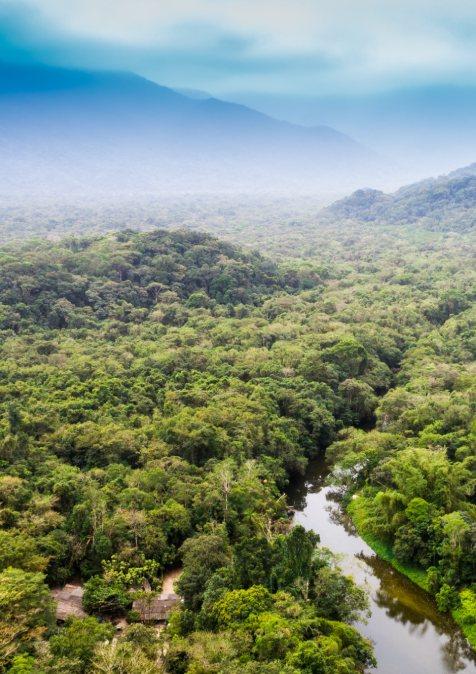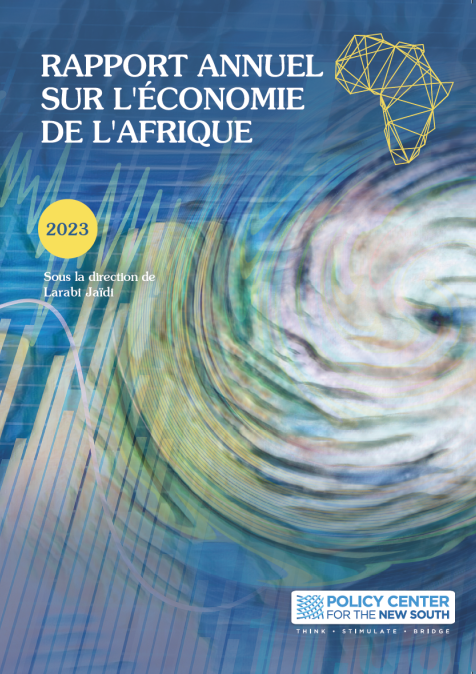Podcasts
A Harmonized Trade Future Is Emerging Between Africa and Europe
15
September
2025
Related topics:
Professor David Luke, Director of the Institute for Africa at LSE, explores Africa’s economic potential and its ties with Europe. He discusses demographics, trade asymmetries, the African Union, and the AfCFTA, highlighting the role of industrialization and strategic resource use in driving sustainable growth amid a changing global economy.











